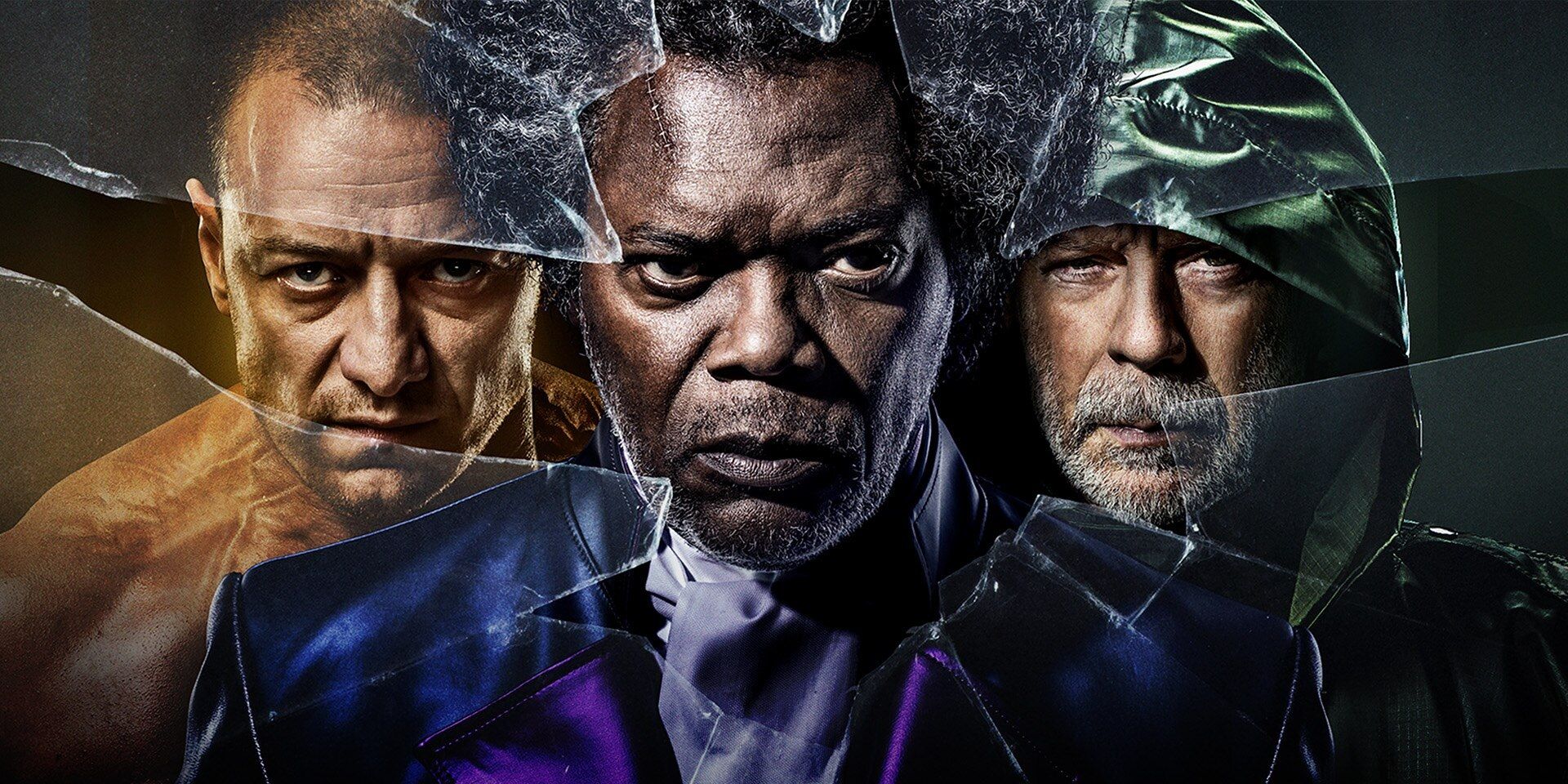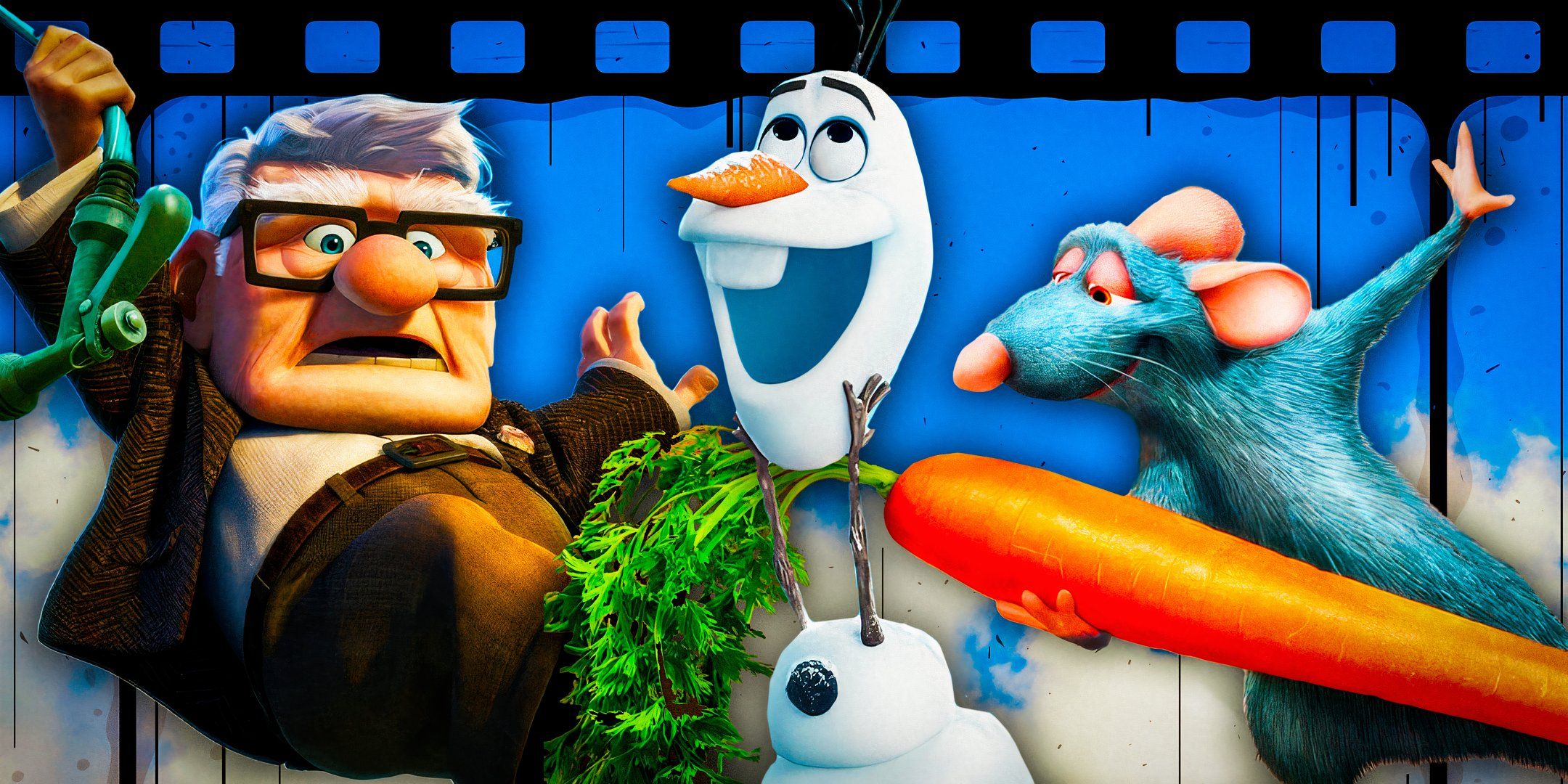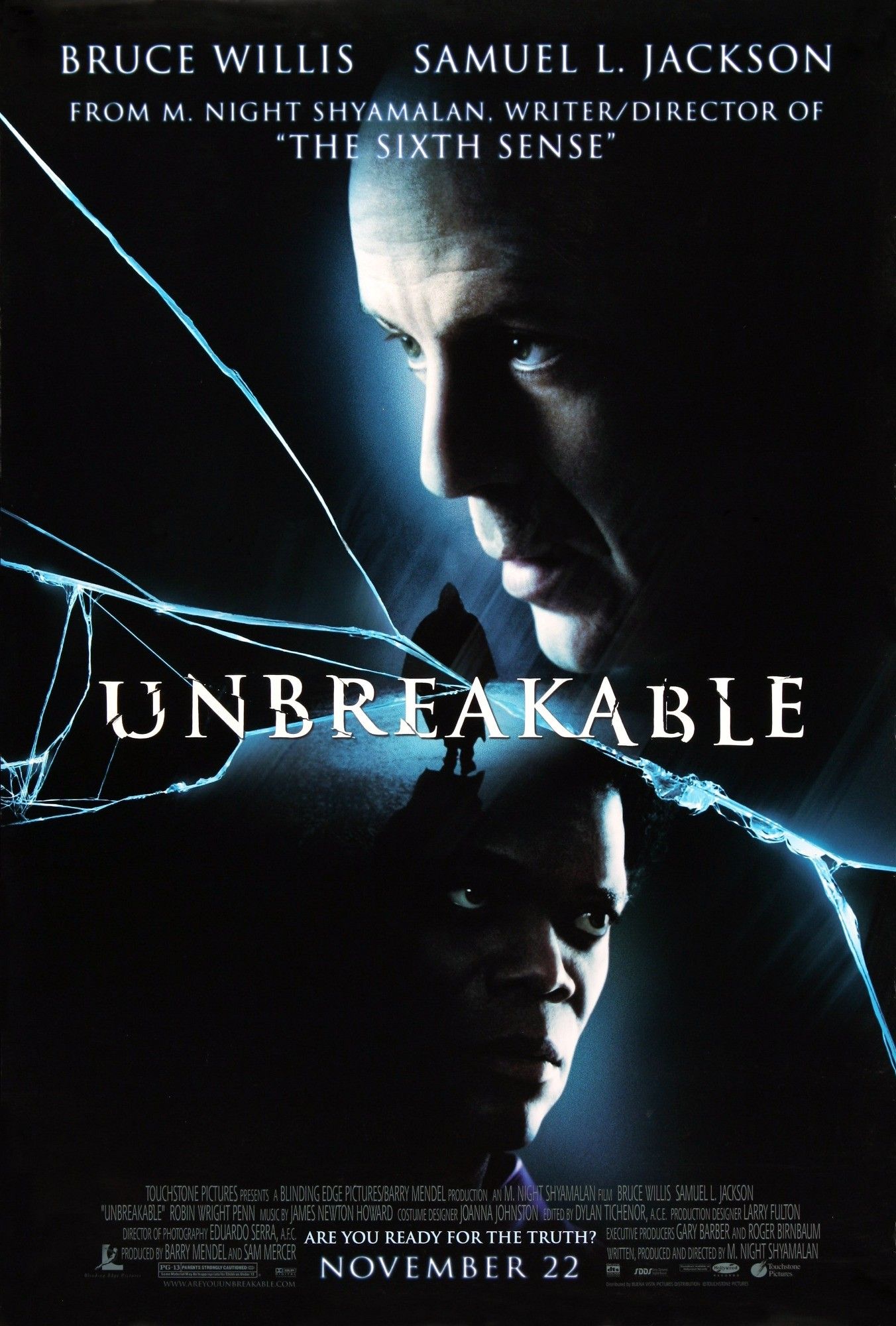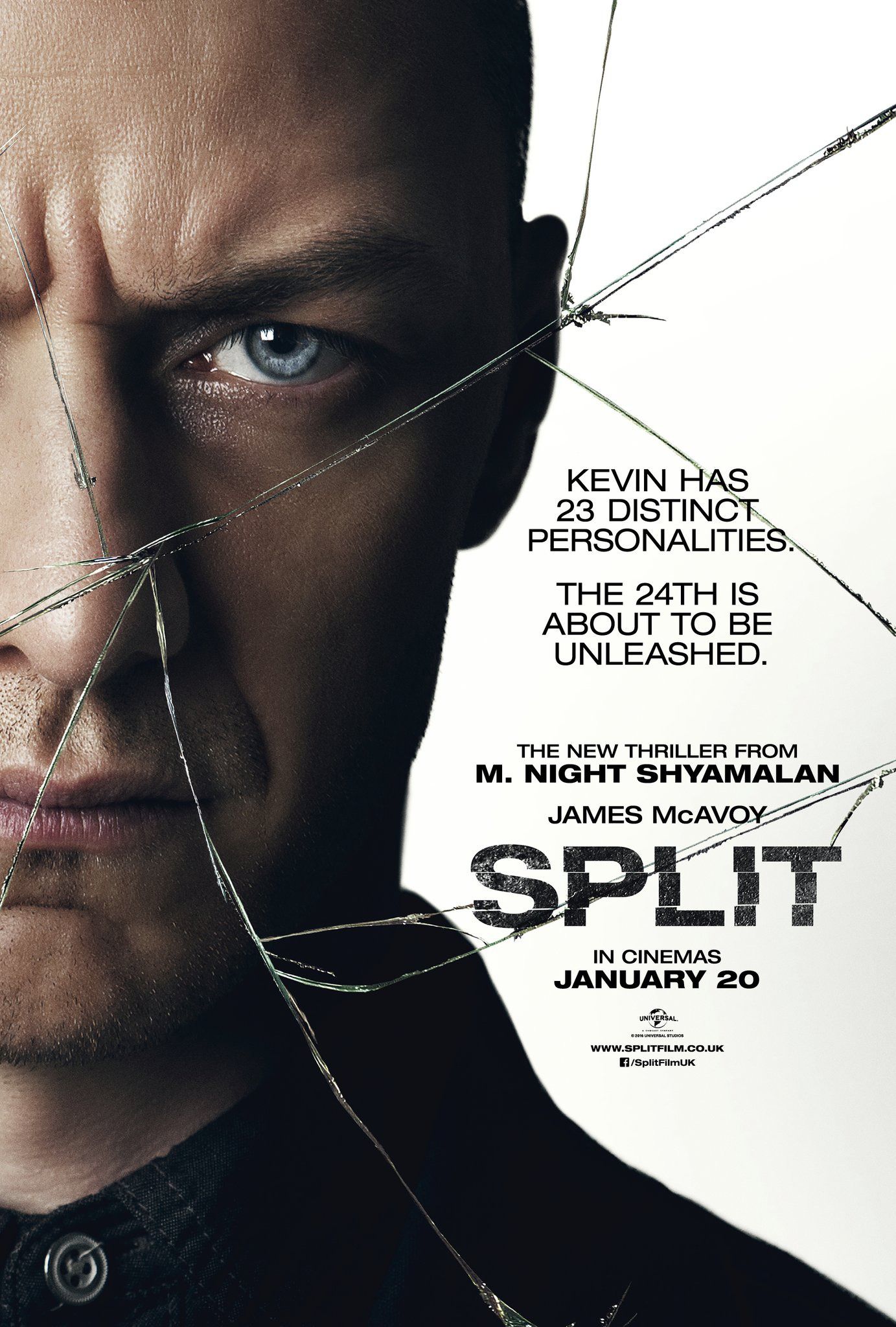Summary
- The Unbreakable trilogy, also known as the Eastrail 177 trilogy, is a unique and grounded superhero franchise written and directed by M. Night Shyamalan.
- Split is a secret sequel to Unbreakable that cleverly connects the two movies through the development of Kevin Wendell Crumb's character and a surprise cameo by Bruce Willis.
- Glass serves as the culmination of the trilogy, bringing the characters and themes of Unbreakable and Split together in a collision of beliefs and worldviews.
The Unbreakable trilogy order is complicated by its loosely connected spinoff, Split, and the big franchise crossover, Glass. Unbreakable is considered the first auteur superhero franchise, as all of its movies are written and directed by the same visionary filmmaker: M. Night Shyamalan. The Unbreakable movie trilogy, also known as the Eastrail 177 trilogy, draws inspiration from superhero comics. However, it’s much more grounded in reality than the average superhero story. After he presented a real-world version of the superhero myth with Unbreakable, Shyamalan followed it up with a stealth sequel and then an ambitious crossover uniting the first two stories.
Most trilogies have convenient numbering to make their viewing order clear, like Spider-Man, Spider-Man 2, and Spider-Man 3, or Back to the Future, Back to the Future Part II, and Back to the Future Part III. Other trilogies make it more difficult for viewers to determine the watching order, as with the Cloverfield movies. With Split and Glass in the mix, the Unbreakable trilogy order is similarly tricky to figure out. Viewers may need a breakdown of the proper viewing order of the Unbreakable trilogy and where Split and Glass fit in.

Unbreakable Trilogy: A Complete Timeline Of Events
With interconnected flashbacks and twist reveals from Unbreakable, Split, and Glass, the Eastrail 177 Trilogy timeline is pretty complicated.
Unbreakable (2000)
Unbreakable Lays The Foundational Mythos For The Trilogy 16 Years Before Split
The Unbreakable trilogy kicks off, appropriately, with Unbreakable, which was released in 2000. Bruce Willis stars in the first installment as David Dunn, a security guard who discovers that he has superhuman strength after emerging from a deadly train crash unscathed. Samuel L. Jackson plays the villainous Elijah Price, a man with brittle bones who owns a comic book store. Going by the nickname Mr. Glass, he becomes David’s arch-nemesis. Unique for its time, Unbreakable offered a refreshingly realistic take on the superhero genre, and audiences responded enthusiastically to the concept, resulting in a worldwide gross of more than $248 million (via Box Office Mojo).
Unbreakable lays the foundational mythology of the series by introducing a world that is subtly interwoven with the extraordinary.
Unbreakable lays the foundational mythology of the series by introducing a world that is subtly interwoven with the extraordinary. David Dunn's discovery of his superhuman abilities is presented as a real-world phenomenon, challenging the audience's suspension of disbelief. As Dunn explores the extent of his powers, the film meticulously plants the seeds of a larger narrative, hinting at a universe where such anomalies exist but are not recognized. Elijah Price, with his encyclopedic knowledge of comic book lore, serves as the catalyst that awakens Dunn to his true potential, drawing parallels to the mentorship often seen in superhero origin stories.
The connection to Split and Glass is primarily thematic, but it becomes more explicit as the trilogy progresses. Unbreakable introduces the idea that superhumans walk among us, unnoticed — a concept that Split builds upon with Kevin Wendell Crum's emergence as The Beast. Unbreakable's subtle allusions to a broader conflict and its questioning of the nature of heroism and villainy lay the groundwork for the complex interplay between the characters that unfolds in the subsequent films.
Unbreakable is available to stream on Max.
Split (2016)
Split Was Originally A Secret Sequel To Unbreakable
Sixteen years after Unbreakable became one of Shyamalan's biggest critical and commercial hits, the filmmaker followed it up with Split. One of the first movies to present a standalone supervillain origin story, Split stars James McAvoy as Kevin Wendell Crumb, a man with dissociative identity disorder who develops a personality with supernatural abilities called “The Beast.” Anya Taylor-Joy co-stars as Casey Cooke, a teenager kidnapped by one of Kevin’s personas to sacrifice to The Beast. The connection to Unbreakable isn’t apparent until the ending of Split, when Bruce Willis appears in a surprise cameo reprising his role as David Dunn, who recalls a prior supervillain: Mr. Glass.
As audiences watch the emergence of The Beast, they are presented with a dark reflection of David Dunn's indestructibility, creating a thematic and narrative symmetry between the two characters.
As the second movie in the trilogy, Split ingeniously lays the groundwork for its eventual convergence with Unbreakable through the meticulous development of Kevin Wendell Crumb's character. The narrative reveals the depth of Crumb's fractured psyche, hinting at a latent potential for superhuman abilities among his multiple personalities. As audiences watch











